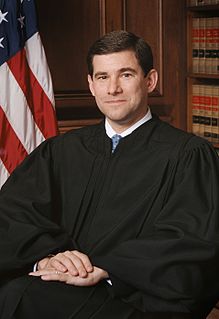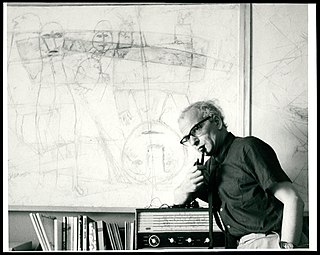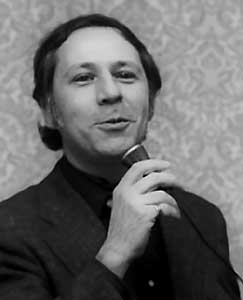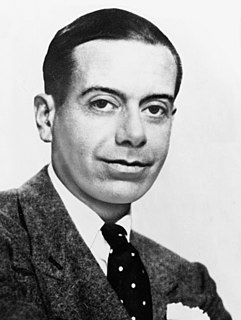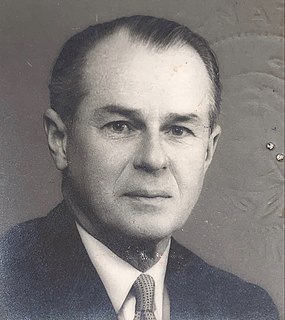A Quote by L. P. Jacks
In its essence the Gospel is a call to make the experiment of comradeship, the experiment of fellowship, the experiment of trusting the heart of things, throwing self-care to the winds, in the sure and certain faith that you will not be deserted, forsaken nor betrayed, and that your ultimate interests are perfectly secure in the hands of the Great Companion. This insight is the center, the kernel, the growing point of the Christian religion, which, when we have it, all else is secure, and when we have it not, all else is precarious.
Quote Topics
Betrayed
Call
Care
Center
Certain
Christian
Companion
Comradeship
Deserted
Else
Essence
Experiment
Faith
Fellowship
Forsaken
Gospel
Great
Growing
Hands
Heart
Insight
Interests
Kernel
Make
Nor
Perfectly
Point
Precarious
Religion
Secure
Self
Sure
Things
Throwing
Trusting
Ultimate
Which
Will
Winds
Your
Related Quotes
The United States has adventured upon a great and noble experiment . . . of total separation of Church and State. . . . The offices of the Government are open alike to all. No tithes are levied to support an established Hierarchy, nor is the fallible judgment of man set up as the sure and infallible creed of faith. . . . Such is the great experiment which we have tried, and . . . our system of free government would be imperfect without it.
The American experiment is not a theocracy and does not establish an official religion, but the Declaration of Independence and the Constitution of the United States are rooted in a Christian perspective of the nature of government and the nature of man. The challenge of the next millennium will be to preserve the American experiment by restoring its Christian perspective.
Suicide may also be regarded as an experiment - a question which man puts to Nature, trying to force her to answer. The question is this: What change will death produce in a man's existence and in his insight into the nature of things? It is a clumsy experiment to make; for it involves the destruction of the very consciousness which puts the question and awaits the answer.
It is more important to have beauty in one's equations than to have them fit experiment... It seems that if one is working from the point of view of getting beauty in one's equations, and if one has really a sound insight, one is on a sure line of progress. If there is not complete agreement between the results of one's work and experiment, one should not allow oneself to be too discouraged, because the discrepancy may well be due to minor features that are not properly taken into account and that will get cleared up with further developments of the theory.
If you're doing an experiment, you should report everything that you think might make it invalid - not only what you think is right about it; other causes that could possibly explain your results; and things you thought of that you've eliminated by some other experiment, and how they worked -to make sure the other fellow can tell they have been eliminated.
To learn anything other than the stuff you find in books, you need to be able to experiment, to make mistakes, to accept feedback, and to try again. It doesn't matter whether you are learning to ride a bike or starting a new career, the cycle of experiment, feedback, and new experiment is always there.
The principle of science, the definition, almost, is the following: The test of all knowledge is experiment. Experiment is the sole judge of scientific "truth." But what is the source of knowledge? Where do the laws that are to be tested come from? Experiment, itself, helps to produce these laws, in the sense that it gives us hints. But also needed is imagination to create from these hints the great generalizations--to guess at the wonderful, simple, but very strange patterns beneath them all, and then to experiment to check again whether we have made the right guess.
Theory said one thing and the experiment said something different, so that was the stimulus that started me going, that there was something there to be explained, which wasn't understood and to try to see why that experiment gave the answer it did, so it was a big opportunity for a young student starting to have actually an experiment which contradicted the theory, so that's was my chance to understand that.


